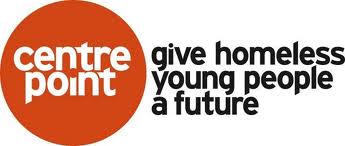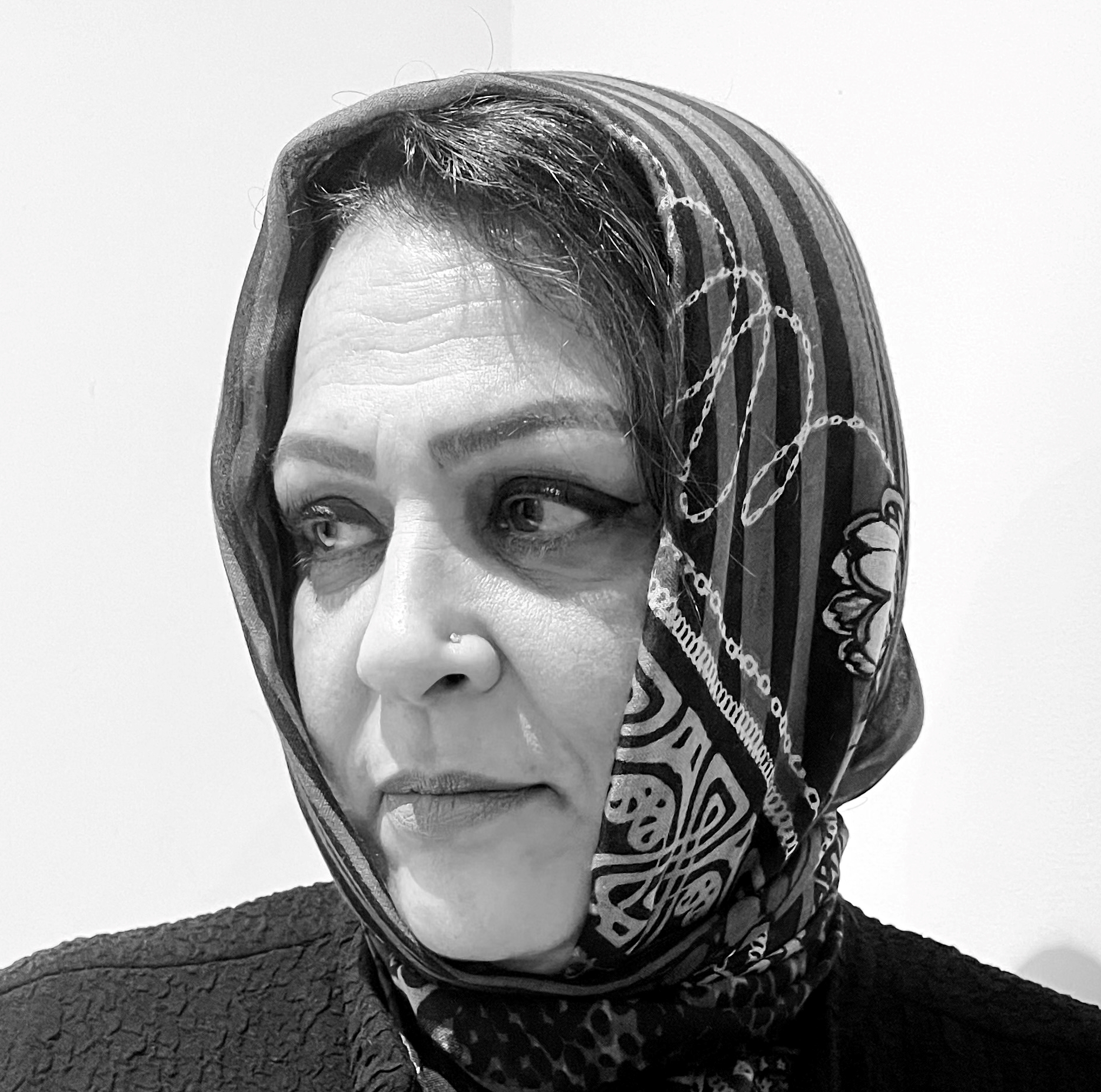Thrust into the sector in the wake of the London Riots, Bushra Ahmed hasn't shied away from the challenges she's faced being a Muslim-covered woman in the charity sector, as she discusses with Melissa Moody.
I’m not new to video interviews, but this one – meeting Bushra Ahmed – is different. In the very best way.
Currently a trustee at Home-Start UK and the Sheila McKechnie Foundation, Ahmed didn’t have a traditional start to work within the charity sector. In fact, she ran the family business – a drycleaners – for 20 years.
And then the London riots happened. Three days into them, Ahmed watched from her flat window as they burned down the shop that had been central to her life and work, while the police stood and watched. “That was the day that changed my life,” she tells me. “I went into the community and had to do something about it because the police allowed [the shop] to
beburned down and then we were entitled to compensation but we weren’t getting it.”
The campaigning started in earnest. It took them three and a half years to get the compensation, in which time Ahmed foundherself, unexpectedly, in the spotlight.
Before her first television interview on Sky News, she thought she would freeze up but her sister encouraged her to speak up for a part of London that had been devastated – but that no one was really talking about. “I stepped up and I did it,” she recalls. “And then everybody kept expecting me to do it. It’s not something that came naturally to me but I had to take it on. I thought it was my duty.”
“During that campaign, I was in strategy meetings and going to the civil sector in Croydon, which I’d never been to before. It was a very strange place because there weren’t many people like me who looked like me as a Muslim-covered woman.”
Ahmed explains that it wasn’t a comfortable time to be a Muslim-covered woman either. Conversations surrounding Brexit were ramping up and “people felt they were more able to be hostile” but her voice stayed strong.
A few people suggested she should become a politician, but she didn’t want to be bound to a party. “I didn’t want to be told what to say, I needed to be able to explain because there are so few people who can.” Instead she became a school governor and started doing work around violence against youths inspired by the riots.
“When things like that happen, there are two ways you can go,” she says. “You can say we need to lock them all up or you can ask what did we do as a society to let them down? I chose that route. I felt we had let them down.”
Breaking the mould
Ahmed was inspired to become a trustee after someone suggested it to her. “I’d never thought of it before because it seemed to be something that was privileged and very white society-like.” She didn’t expect to be appointed as a trustee at all, so it came as surprise when she got the role.
From there, things spiralled even further. Ahmed was nominated and picked by the Greater London Authority for the Civic Future role as one of five people in London who were embedded in the community and doing positive work. “It was very validating,” she admits.
It gave her the confidence to go for a role at the Small Charities Coalition, where she became vice-chair and then chair. But it’s not been an easy road to where she is now. Ahmed once went to an event on diversity, where she was the only Muslim woman in a room of 300, with around 20 Asian or black people and the rest white.
Having diverse boards, she believes, is essential for charities. “They understand the communities, they know the approaches needed and it’s not difficult to do.” But believing it and making others believe are two different things.
“I used to walk into the room and people would look right through me because I was wearing a hijab. I’m a really good networker so would always work the room, but sometimes I felt embarrassed about going up to a group that were obviously not interested in talking to me because they assume I had nothing to say.”
She describes the suspicion she’s been under in her roles, with people asking why she’s advocating for the West Croydon community and not just her Muslim community; failing to understand that both are communities she’s passionate about and a part of.
Ahmed even talks about local people activelyobjected to her speaking out, with campaigns lasting several years against her, particularly after conversations started around Brexit and the ‘letterbox conversations’ surrounding Muslim women and the veil. “I was forced outside of my local area to work.”
‘A step too far’
Over recent years, diversity within the sector has been under the spotlight, and to some it might seem like there has been progress – but speaking to Ahmed shows there’s still a long way to go. In fact, just last year, she was told she was ‘a step too far’ for a trustee role in one organisation.
“It was a brilliant interview but there were already some red flags raised. One gentleman asked if ‘I had to overcome, as a woman, obstacles from the Muslim community to become a leader?’ and I thought: would you ask anybody else this apart from a Muslim woman?
“Then afterwards the feedback I got from the recruiter was that I fitted the criteria, they really liked me, but I was too different. A step too far.”Understandably, Ahmed questioned whether
she would have wanted to be a part of that board anyway, if those are the values they operate by.
But why are these situations still happening? Ahmed believes that part of it is fear from the charity sector and from boards that it could change the culture or the environment – which many people would argue is needed.
She uses the example of going to the pub after a meeting, which many boards might do. “It’s like a test, they want to see how fun we are. After Brexit and the rise of hate crime and islamophobia, sometimes pubs aren’t exactly the most comfortable of places for a
womanwearing a hijab.
“I can have an orange juice – that’s not the point. Are you trying to make us fit in with you,or
are you even thinking a bit about how it might feel for someone in a strange environment?”
Speaking to Ahmed, it’s clear that making sure boards and charities arre diverse isn’t enough; there’s so much more to consider. She puts it well when she says that she’s had to work twice as hard to be accepted within the sector and yet she’s still expected to compromise in certain ways and on certain things, such as shaking hands, which isn’t part of her own culture.
“I don’t feel like I have to compromise on those to be in that space because it doesn’t dimmish my ability to do the work. I have to keep my integrity, my honesty and my voice intact in a sector where often we think we need to compromise, keep quiet and not complain. And I’ve had to make difficult choices to leave where I felt that if I stayed, those beliefs would be compromised.”
Ten years on from the riots, Ahmed is still making a name for herself now and it’s not just within the community, but within the wider sector. At 60-years-old, she says that she’s finally realising her potential and her worth. “I realised it’s never too late to chase your dreams.” And she’s right.
As I end the interview, I sit for a moment thinking about how inspiring Ahmed was. We speak for nearly an hour and there’s a sense of wisdom I’m unable to fit in the words. But what I am able to articulate is that her charisma, story and passion is exactly the voice the sector needs. And, after speaking with her, I only expect that voice to keep on growing.
Latest News
-
Asylum charity 'devastated' after truck stolen
-
Cycling UK unveils brand refresh
-
Daniel Bausor: Are 'Charity Success Managers' the answer in 2025?
-
Hidden trauma and burnout crisis among fundraisers, research shows
-
Leeds Building Society invites charities to apply for a share of £150,000 anniversary funding
-
Sense International appoints new chief executive
Charity Times video Q&A: In conversation with Hilda Hayo, CEO of Dementia UK
Charity Times editor, Lauren Weymouth, is joined by Dementia UK CEO, Hilda Hayo to discuss why the charity receives such high workplace satisfaction results, what a positive working culture looks like and the importance of lived experience among staff. The pair talk about challenges facing the charity, the impact felt by the pandemic and how it's striving to overcome obstacles and continue to be a highly impactful organisation for anybody affected by dementia.
Charity Times Awards 2023
Mitigating risk and reducing claims

The cost-of-living crisis is impacting charities in a number of ways, including the risks they take. Endsleigh Insurance’s* senior risk management consultant Scott Crichton joins Charity Times to discuss the ramifications of prioritising certain types of risk over others, the financial implications risk can have if not managed properly, and tips for charities to help manage those risks.
* Coming soon… Howden, the new name for Endsleigh.
* Coming soon… Howden, the new name for Endsleigh.
Better Society

© 2021 Perspective Publishing Privacy & Cookies











Recent Stories